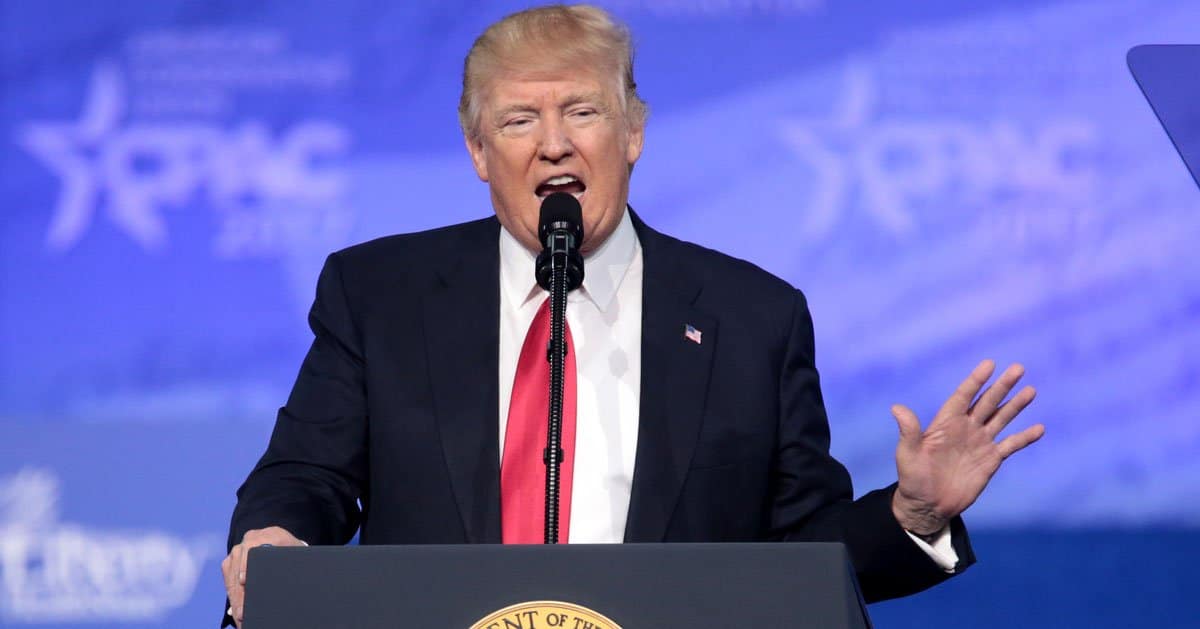








Imagine law enforcement officers, surrounded by a hostile crowd, calling for backup—and being told to fend for themselves.
Fox News reported that this is the shocking scenario that unfolded on Chicago’s southwest side on Saturday morning, where U.S. Immigration and Customs Enforcement (ICE) agents faced violence, including a ramming incident, only to reportedly be denied assistance by Chicago police under orders from their chief of patrol.
On Saturday, a dangerous confrontation involving ICE agents spiraled into chaos, prompting outrage from the nation’s largest police union, the National Fraternal Order of Police (FOP), over claims that Chicago officers were instructed not to help.
The incident kicked off Saturday morning when ICE agents, already dealing with a ramming incident involving an armed woman who was subsequently shot, found themselves boxed in by protesters.
Reports from multiple federal and Chicago law enforcement sources, as cited by Fox News, indicate that the chief of patrol explicitly ordered local officers not to respond to calls for help from those in desperate need.
A computer-aided dispatch message, reviewed by Fox News, allegedly confirmed this directive, painting a troubling picture of local law enforcement being sidelined. It’s hard to fathom a policy that leaves fellow officers vulnerable, especially when the stakes are so high.
The Chicago Police Department (CPD) pushed back on Sunday, claiming officers were indeed on the scene to maintain public safety and document the event. “To clarify misinformation currently circulating, CPD officers did in fact respond to the shooting scene involving federal authorities on Saturday to maintain public safety and traffic control,” the department stated.
One longtime source even called the CPD’s response “not true,” with dispatch audio allegedly backing up claims that officers were forced to abandon the scene due to the order. When even seasoned insiders are crying foul, it’s tough to swallow the official line without a grain of salt.
The National FOP and Illinois State FOP didn’t mince words, expressing utter disbelief at the reported inaction. “Details are still emerging, but it appears that officers from the Chicago Police Department were ordered not to assist a group of ICE agents while they were physically threatened by what appeared to be an angry mob,” said National FOP President Patrick Yoes.
If true, this isn’t just a policy misstep—it’s a betrayal of the brotherhood that binds law enforcement together.
Adding fuel to the fire, the FOP pointed to Department of Homeland Security data showing a staggering 1,000% surge in violence against ICE agents since the year began. When numbers like that are in play, turning a blind eye to officers in distress isn’t just risky—it’s reckless.
The FOP also highlighted the Illinois Trust Act, which restricts local police from engaging in immigration enforcement, as a key factor fraying ties between federal and regional forces in sanctuary cities like Chicago. Such laws, while framed as compassionate by progressive advocates, often leave officers caught in a bureaucratic no-man's land when crises hit.
Later that Saturday afternoon, CPD did respond to a separate incident involving two hit-and-run crashes targeting federal personnel, according to their statement.
But does a delayed reaction to a secondary event really make up for allegedly ignoring the initial plea for help? It’s a band-aid on a gaping wound.
Recent tensions in the broader Chicago area only underscore the volatile environment law enforcement faces. On September 27, federal agents resorted to tear gas and pepper balls to disperse protesters outside an immigrant processing center in Broadview, Illinois, and just days ago, on October 3, police clashed with demonstrators at the same location during Operation Midway Blitz, a federal push to deport unauthorized migrants.
These clashes aren’t isolated—they’re symptoms of a deeper rift between federal objectives and local policies. When officers can’t count on backup because of political posturing, everyone’s safety is on the line, not just those wearing the badge.
Critics of Chicago’s stance might argue that sanctuary city policies are noble in intent, aiming to protect vulnerable communities from overreach.
But when those same policies result in officers—federal or local—being left to face violent mobs alone, it’s time to ask if the pendulum has swung too far from common sense.
The bottom line is simple: law enforcement’s unwritten code demands that a call for help gets answered, no matter the politics at play.
As the FOP rightly argues, anything less is a shocking violation of duty, and Chicago’s leaders must ensure this never happens again. Let’s hope this incident sparks a serious rethink before more officers pay the price for misguided directives.



